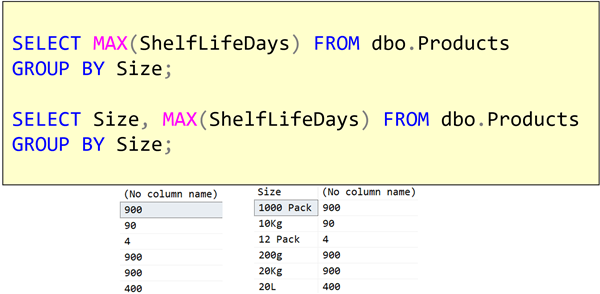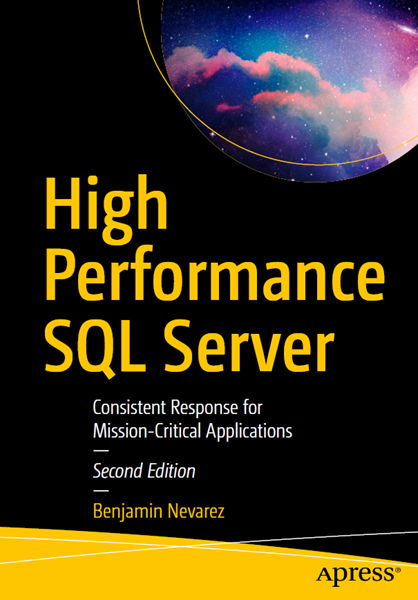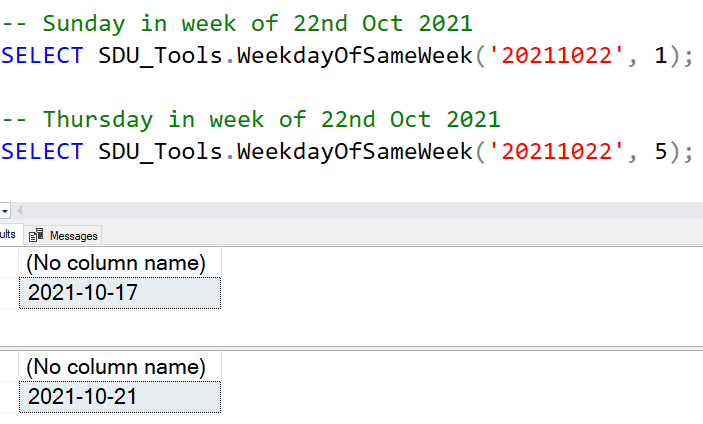
Azure: Changing Azure SQL Database Service Objective from T-SQL Commands
When I’m building Azure Data Factory pipelines, I often want to rescale, i.e. change the Service Level Objective (SLO) of Azure SQL Databases before and after processing. For example: I might have a database that sits at S0 or S1 all day long when not being processed (to allows for the odd adhoc query), but I want it at S6 to do overnight ingestion of data and loading of analytic data models. Then I want it to go back to what it was before.
2021-03-02









